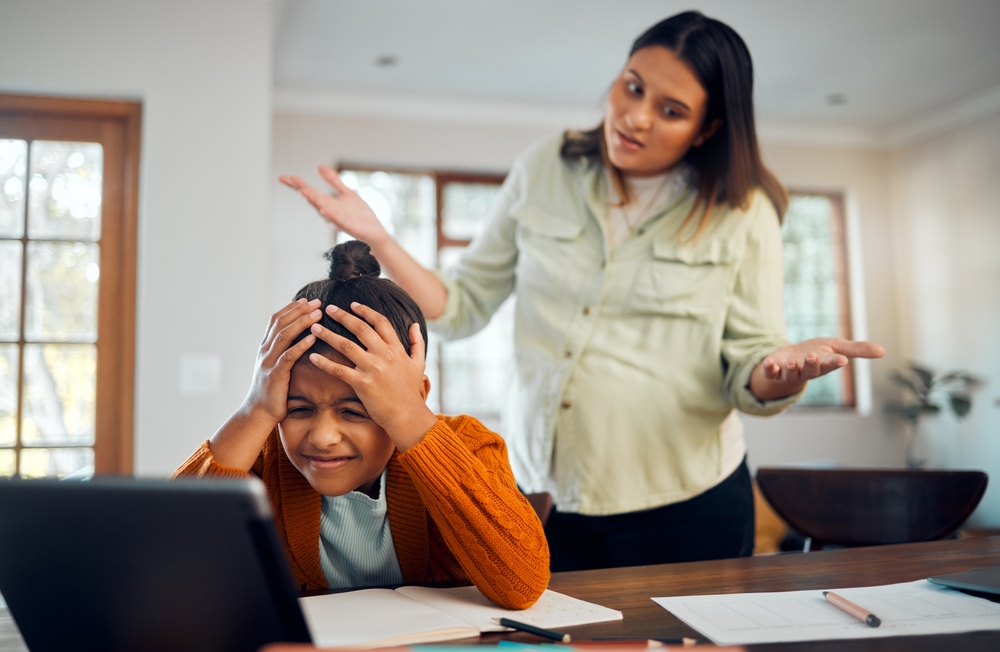
The Dangers of Comparing Children: What You Should Know
Casal dels Infants – Comparing children to their siblings or peers is often seen as a way to motivate them to improve or behave better. However, this habit can have serious negative impacts on their emotional and psychological development. Without realizing it, comparing a child to others can undermine their self-confidence and self-esteem. In this article, we will discuss the dangers of this behavior and why it is important to avoid it.
One of the most noticeable effects of comparing children is a decrease in self-confidence. When a child feels that they are constantly compared to a smarter, more athletic, or more popular sibling, they may feel like a failure and not good enough. This feeling can develop into dissatisfaction with themselves and an inability to take pride in their own achievements.
“Continue Reading: 7 Essential Values Mothers Should Teach Their Sons”
Comparing children can also create tension between siblings. A child who feels frequently compared to their sibling may feel jealous or angry, which can ultimately affect their relationship. The perceived unfairness can make the child feel undervalued or unloved, potentially breeding animosity between them.
Children who are often compared may feel burdened by the expectations of their parents or other adults. They may feel pressured to meet certain standards that they do not believe align with their own abilities. This excessive pressure can lead to stress, anxiety, and even depression. A child growing up in such an environment may experience mental exhaustion, which could disrupt their overall development.
Another negative effect of comparing children is the loss of their curiosity and creativity. A child who feels they can never meet their parents’ expectations may become reluctant to try new things. They might believe that failure is something to be avoided, even though failure is an important part of learning and growth. Comparing children can prevent them from fully exploring their potential.
When children are consistently compared to others, they tend to measure success based on others’ achievements rather than their own abilities and efforts. This can alter their perception of what success and happiness truly mean. Children may start to believe that they can only achieve happiness by meeting others’ expectations instead of following their own passions or interests.
To foster healthy development, it is essential for parents and caregivers to avoid the habit of comparing children. Instead, offer constructive praise and positive support, while appreciating the child’s achievements according to their own abilities. Children need the space to grow, explore, and learn from their mistakes without feeling compared to others. In doing so, they can develop a healthy sense of self-confidence and self-esteem that will support them throughout their lives.
“Read More: Siapa Saja yang Rentan Terkena Hipertensi?”